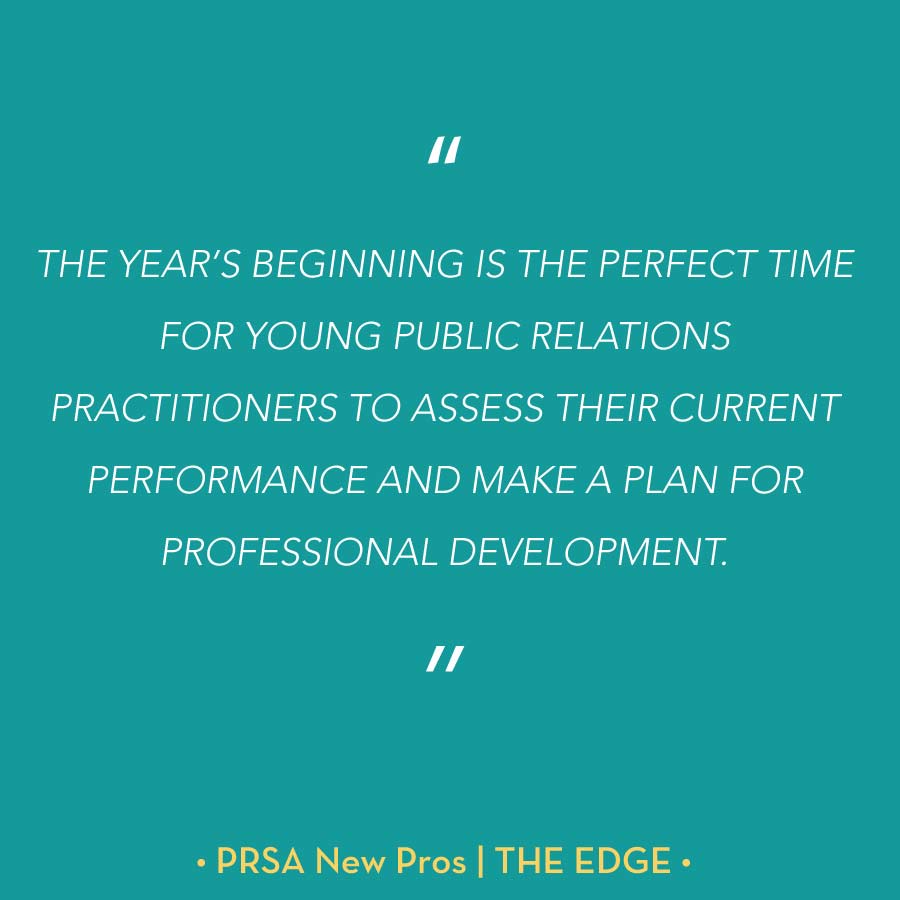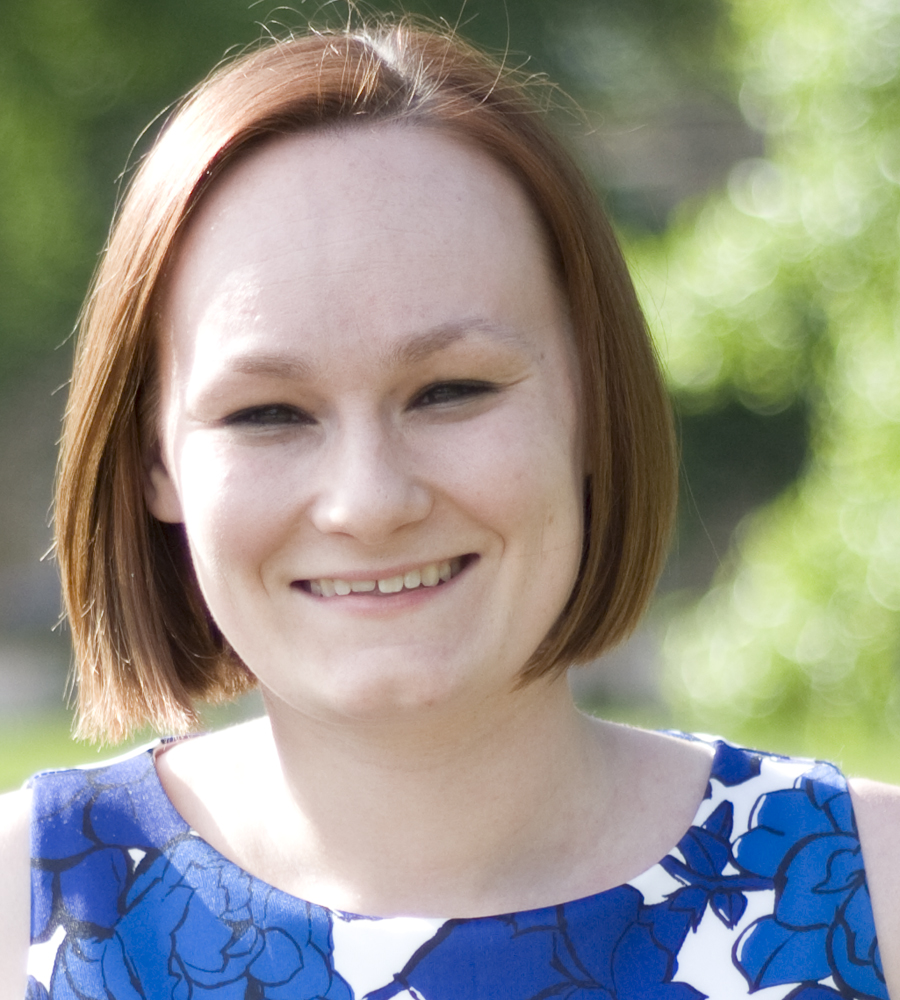As a 40-something with no career direction and an imminent layoff, I was at a crossroads in life. A friend recommended a life coach where I discovered an important aspect of my personality. The personal motivator for my feeling happy and successful was a need to elicit reactions from people. It was not about needing positive reinforcement or pats on the back from bosses, but simply having people react to something I wrote, designed, organized, or created. Unfortunately, acting was not an option, so I chose the closest field…public relations.
Twenty years in higher education presented opportunities to dabble in parts of PR. Plan an event here, make a presentation there, learn how to update a website, establish a social media presence, craft a new message to alumni. Rejection reasons for not getting PR jobs was due to not possessing the “right” writing skills or a degree in the field. Job offers actually received were entry-level and half the salary. There were moments of feeling I made the jump to this career too late in life. Possessing the skills but not the job titles appeared to be holding me back and prohibiting any chance for becoming a PR professional.
Not having aspirations of staying unemployed for 26 weeks led to applying for and getting a position with a non-profit organization via LinkedIn. The job title is far from glamorous (Executive Assistant); however, the salary is competitive and matches the duties. Job tasks land in all facets of social media, branding, media relations, strategic planning, and marketing of the organization.
If you are debating making the transition or feel you have made a mistake with your mid-life change over to public relations, understand that it is not too late! Do not limit yourself to looking at corporate positions or competitive firms. As a more seasoned employee, you are what non-profits and small businesses are looking for. They appreciate broad experience and need individuals who are ready to hit the ground running.
A recent article by Jenny Blake in Real Simple magazine provided strategies to keep in mind when contemplating a new career:
- Never obsess about what happened in the last job. Those who are over the age of 30 remember the parental lectures of staying loyal to a company. It is not the norm any longer. Take the best parts of your previous positions and move along.
- Self-Assess. Do the life/career coach thing. Even if you do not want to work with a professional, ask a friend. Take a stab at the StrengthsFinder 2.0 to look at your experience and get some direction.
- Break up your job search: People, Skills, Opportunities. Jump on that LinkedIn page and schedule some Starbucks time. Register for a class on Coursera. Let Monster do the searching for you with job alerts.
- Never stop looking. Always look at what else is out there, how you can improve your skills, and who can benefit in the long term. I am always scanning the job sites for the newest titles/duties to develop ideas for skills I may need or want down the road.
Do not lose sight of who you are and the years you have under your belt. Those articles for the company newsletter, Christmas parties planned, and posts on Twitter can transition nicely into a successful public relations career.
 Figuring she will never have her dream job of writing jokes for Jimmy Fallon, Carrie Mihalko decided to pursue a new career in Public Relations. With over 20 years in higher education and non-profits, she feels like she has seen it all in event planning, fundraising/development, social media, website design, and marketing. Residing in Pittsburgh, Pennsylvania, Carrie works for the Steel Valley Authority as their in-house communications writer/graphic designer/jack-of-all trades. She also does freelance-work creating publications, websites, and social media plans with small businesses and non-profits. Connect with Carrie on Twitter and LinkedIn.
Figuring she will never have her dream job of writing jokes for Jimmy Fallon, Carrie Mihalko decided to pursue a new career in Public Relations. With over 20 years in higher education and non-profits, she feels like she has seen it all in event planning, fundraising/development, social media, website design, and marketing. Residing in Pittsburgh, Pennsylvania, Carrie works for the Steel Valley Authority as their in-house communications writer/graphic designer/jack-of-all trades. She also does freelance-work creating publications, websites, and social media plans with small businesses and non-profits. Connect with Carrie on Twitter and LinkedIn.

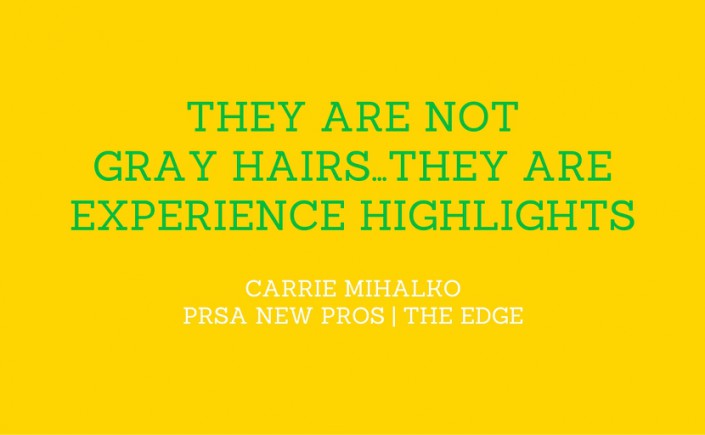
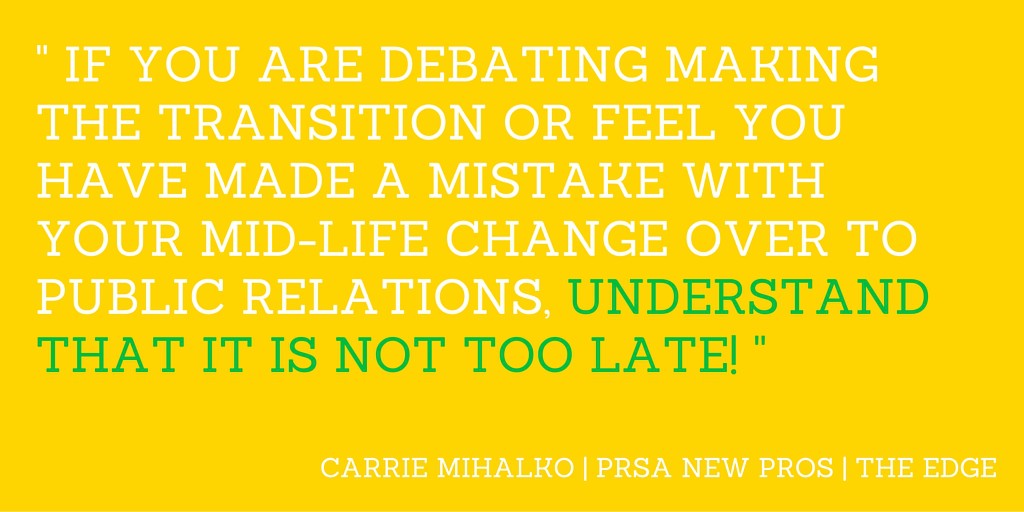
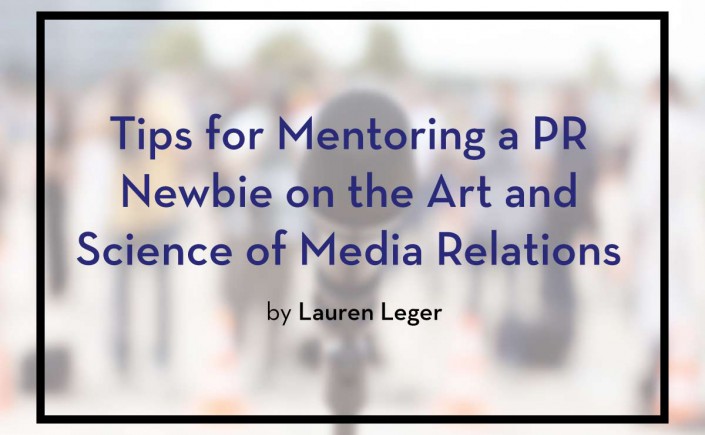
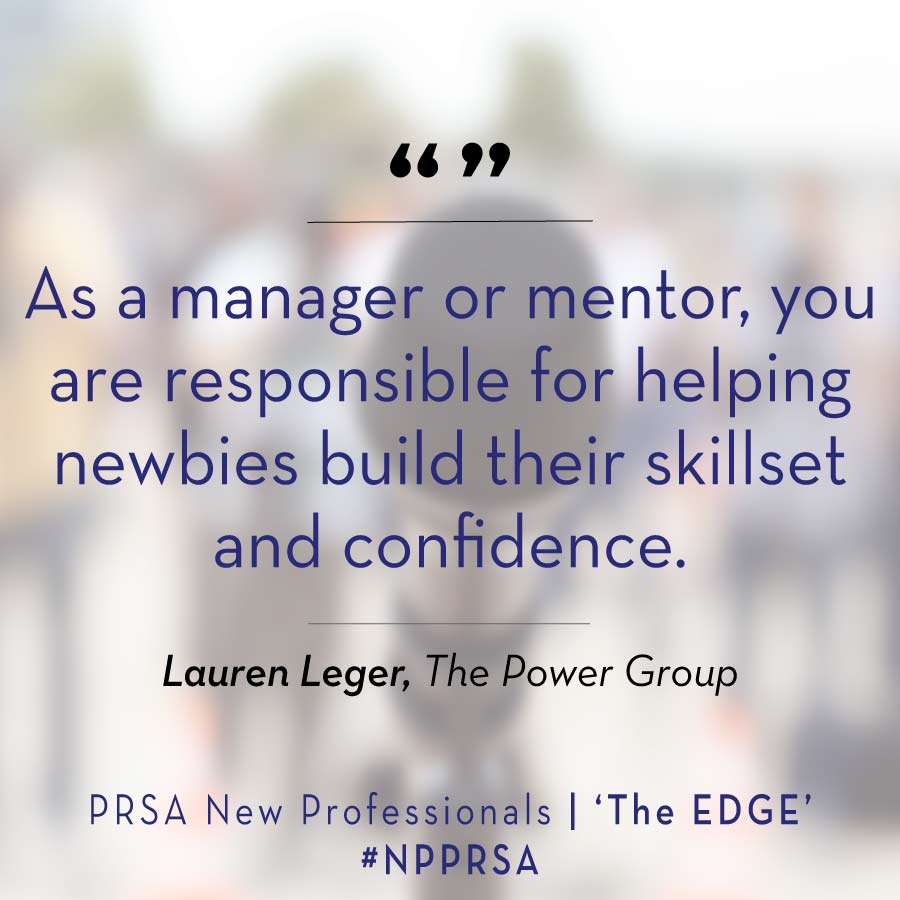


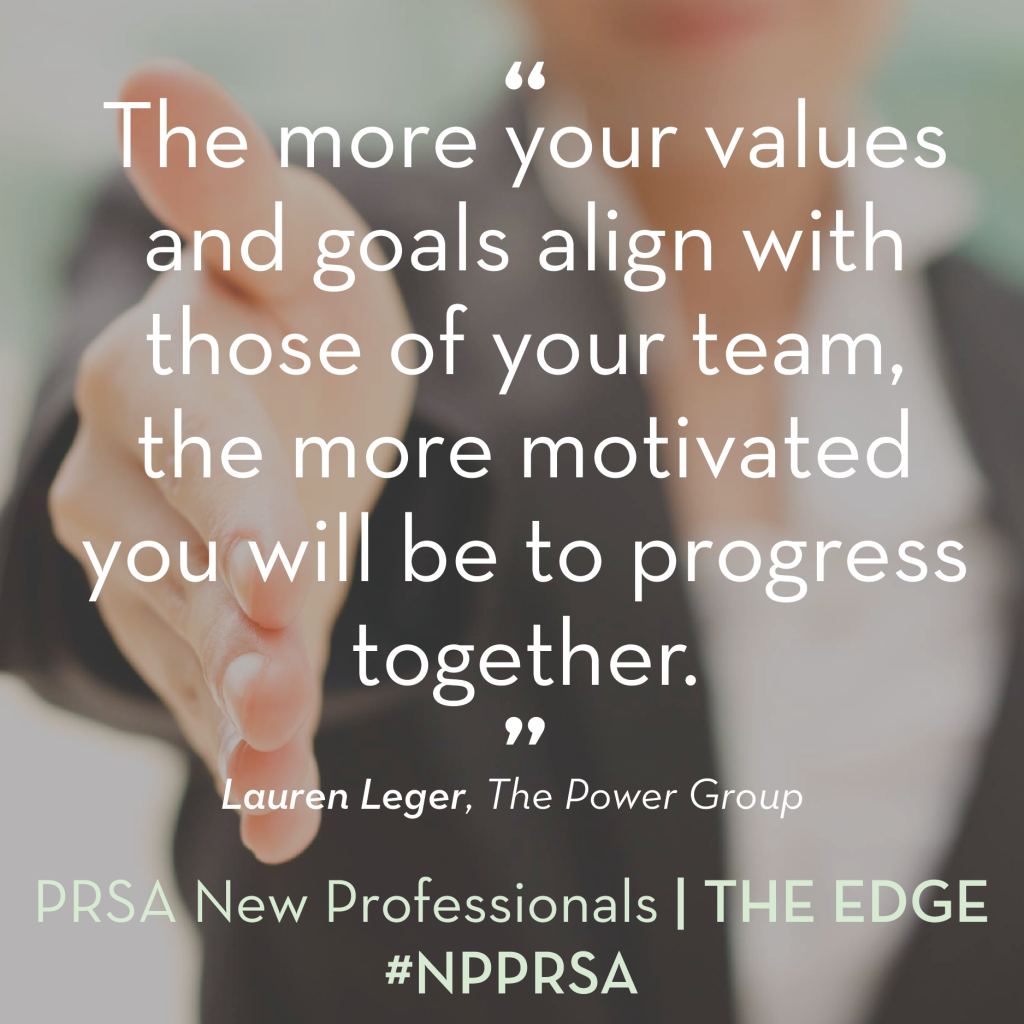 you will be to progress together. Carefully notice those who speak with you throughout the interview process. What kinds of questions are they asking? How do they treat you? What’s their body language? All of these things can provide insight into their values and work style. If you don’t feel like it’s a fit, it’s probably not, and you’ll likely run into roadblocks in the job as a result. Go with your gut impression of people and be sure to consider how it will affect your day to day at work. If you don’t consider values in the job search, you may find yourself working with people who are not likeminded, facing an uphill battle every day at work – not fun!
you will be to progress together. Carefully notice those who speak with you throughout the interview process. What kinds of questions are they asking? How do they treat you? What’s their body language? All of these things can provide insight into their values and work style. If you don’t feel like it’s a fit, it’s probably not, and you’ll likely run into roadblocks in the job as a result. Go with your gut impression of people and be sure to consider how it will affect your day to day at work. If you don’t consider values in the job search, you may find yourself working with people who are not likeminded, facing an uphill battle every day at work – not fun!
